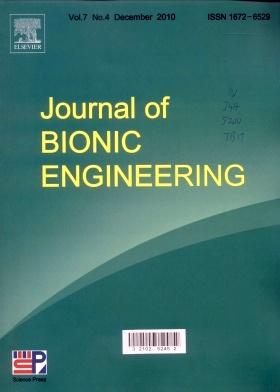From Perception to Action: Brain-to-Brain Information Transmission of Pigeons
Abstract
Along with the flourishing of brain-computer interface technology, the brain-to-brain information transmission between different organisms has received high attention in recent years. However, specific information transmission mode and implementation technology need to be further studied. In this paper, we constructed a brain-to-brain information transmission system between pigeons based on the neural information decoding and electrical stimulation encoding technologies. Our system consists of three parts: (1) the “perception pigeon” learns to distinguish different visual stimuli with two discrepant frequencies, (2) the computer decodes the stimuli based on the neural signals recorded from the “perception pigeon” through a frequency identification algorithm (neural information decoding) and encodes them into different kinds of electrical pulses, (3) the “action pigeon” receives the Intracortical Microstimulation (ICMS) and executes corresponding key-pecking actions through discriminative learning (electrical stimulation encoding). The experimental results show that our brain-to-brain system achieves information transmission from perception to action between two pigeons with the average accuracy of about 72%. Our study verifies the feasibility of information transmission between inter-brain based on neural information decoding and ICMS encoding, providing important technical methods and experimental program references for the development of brain-to-brain communication technology.


 求助内容:
求助内容: 应助结果提醒方式:
应助结果提醒方式:


